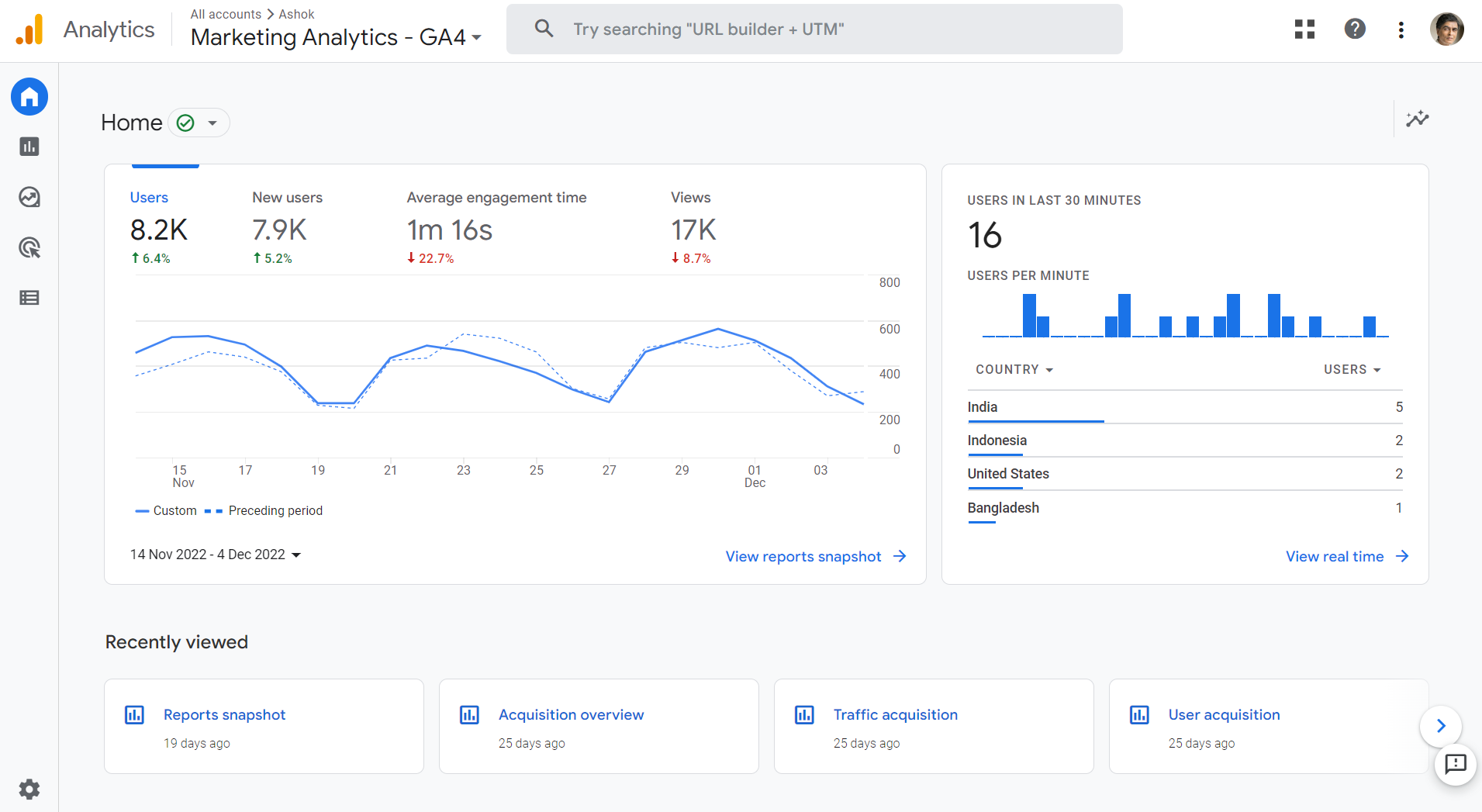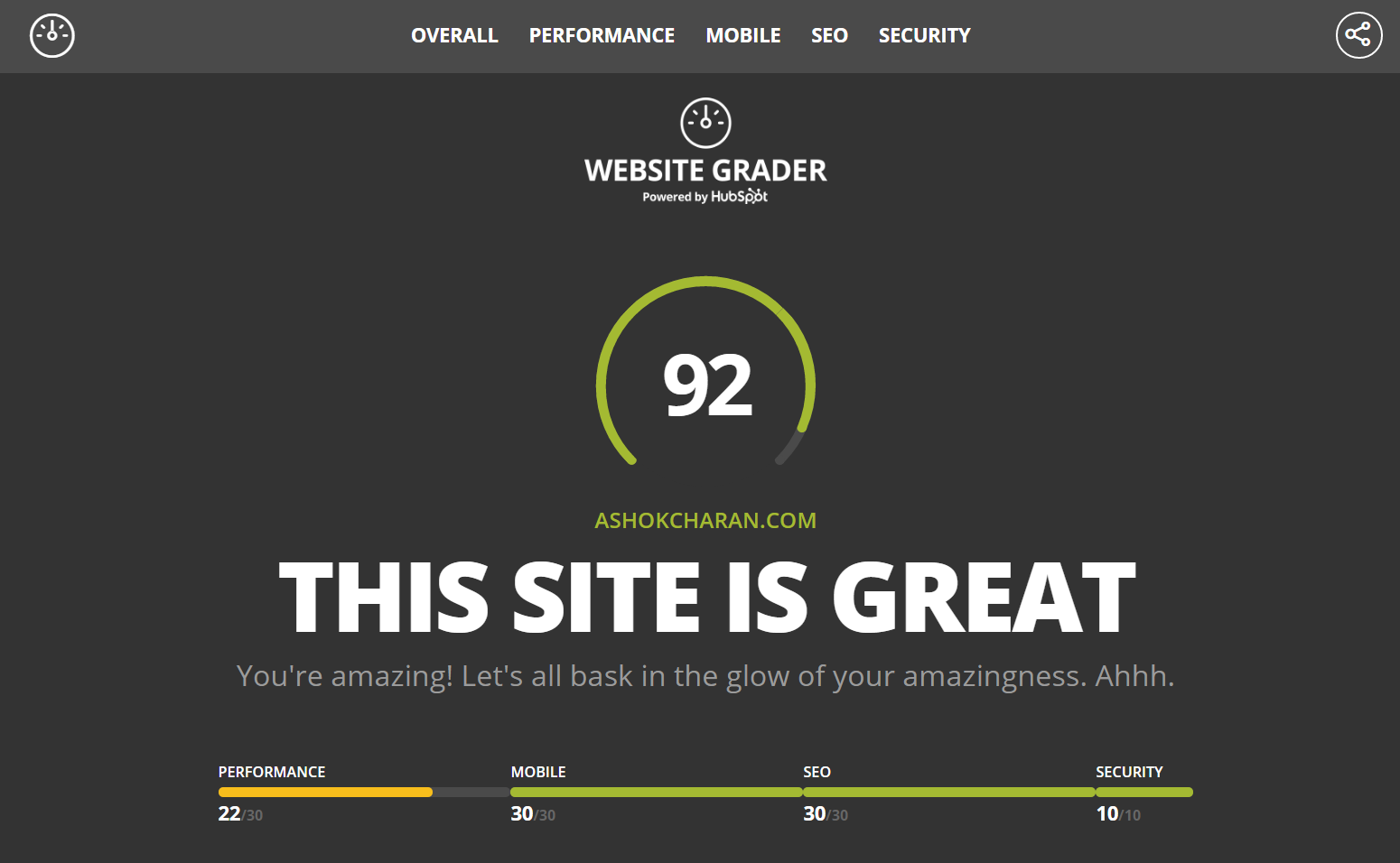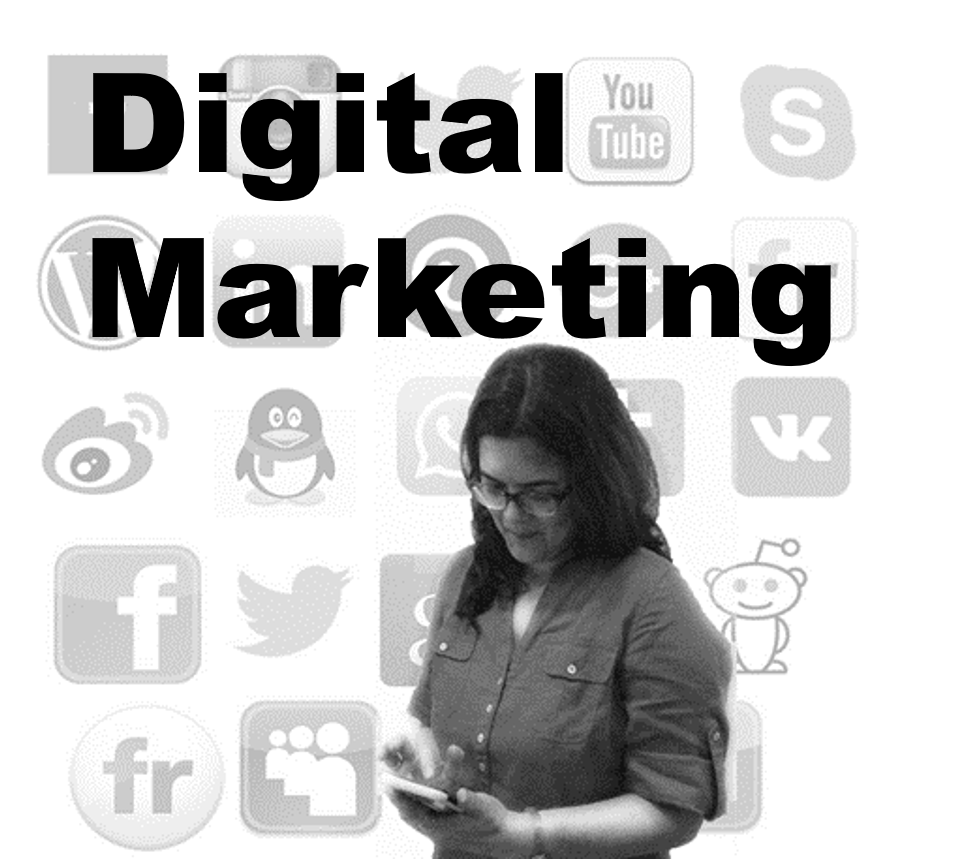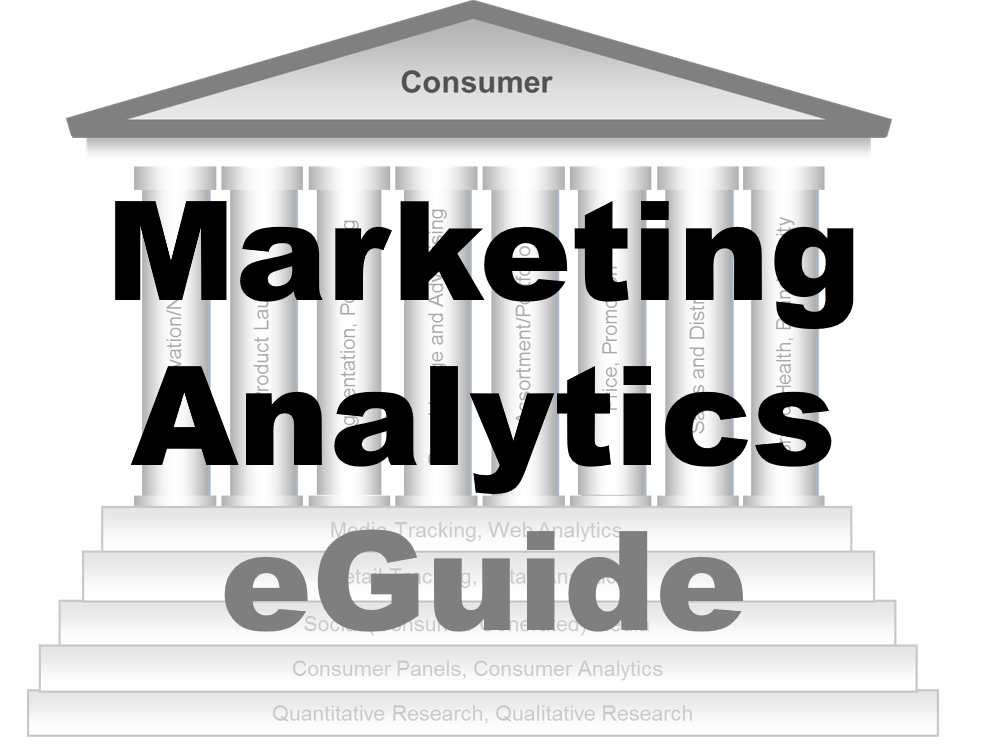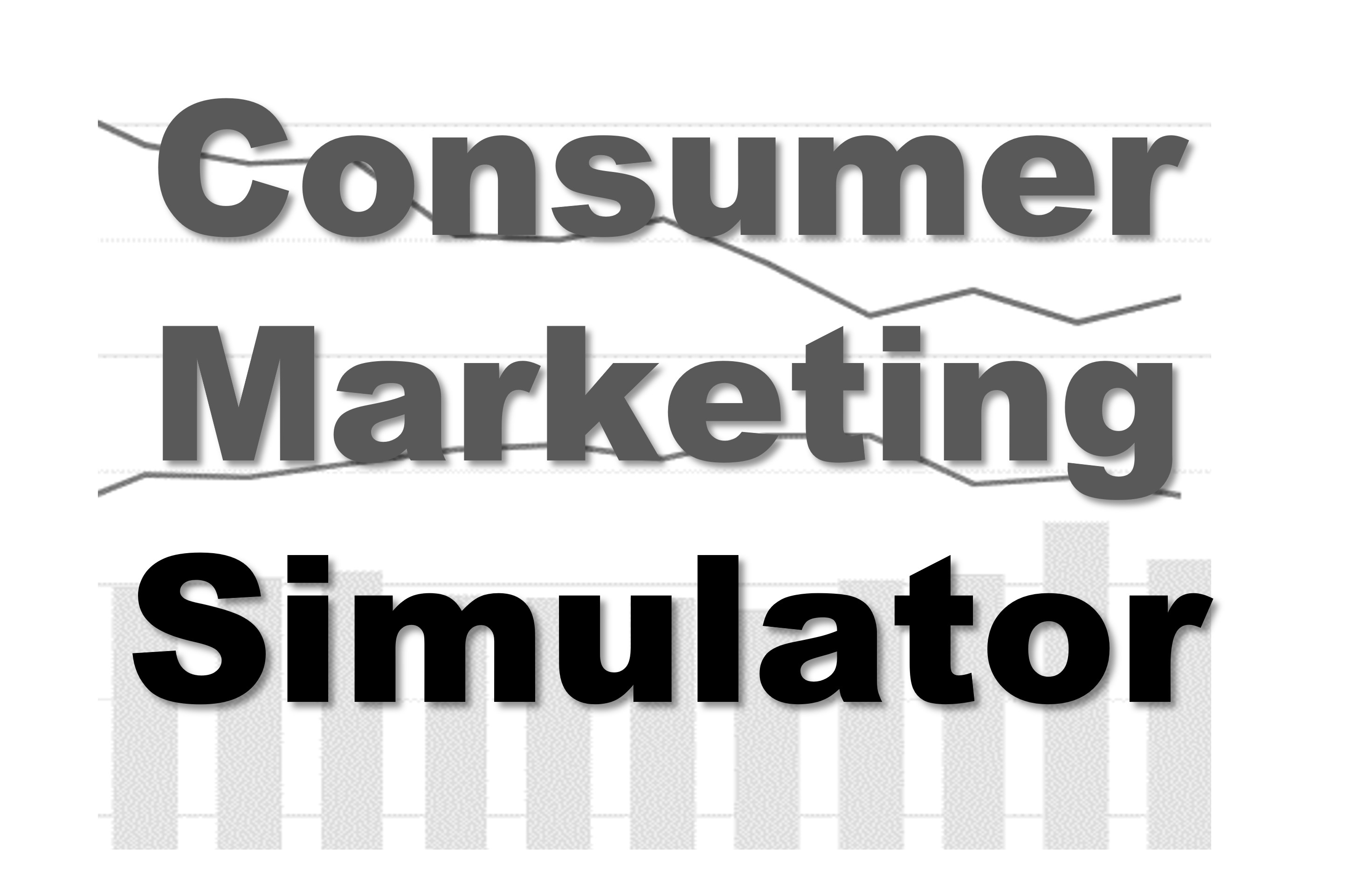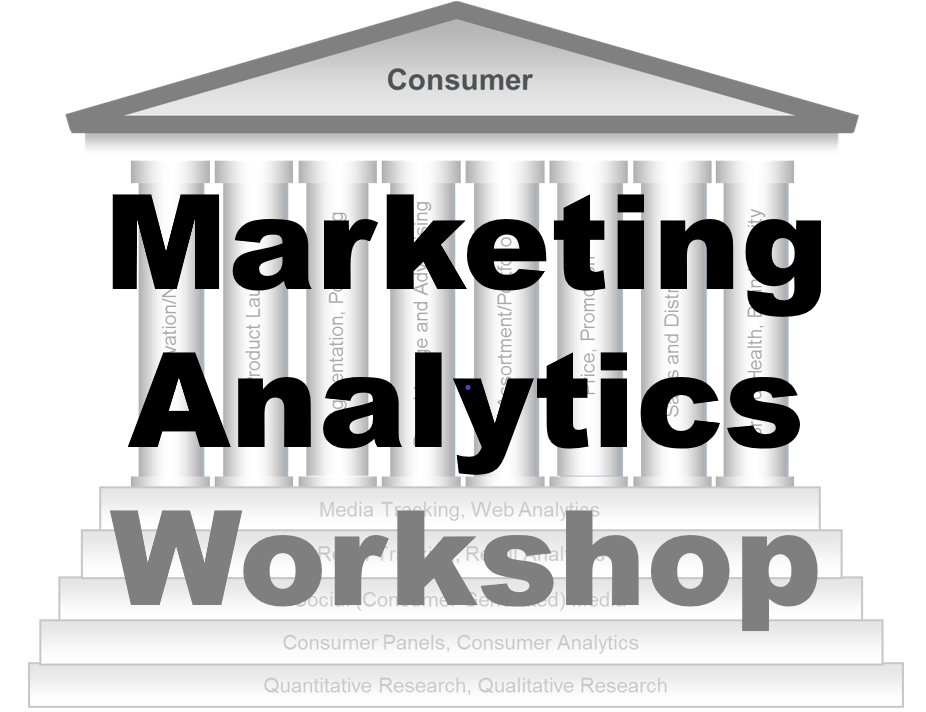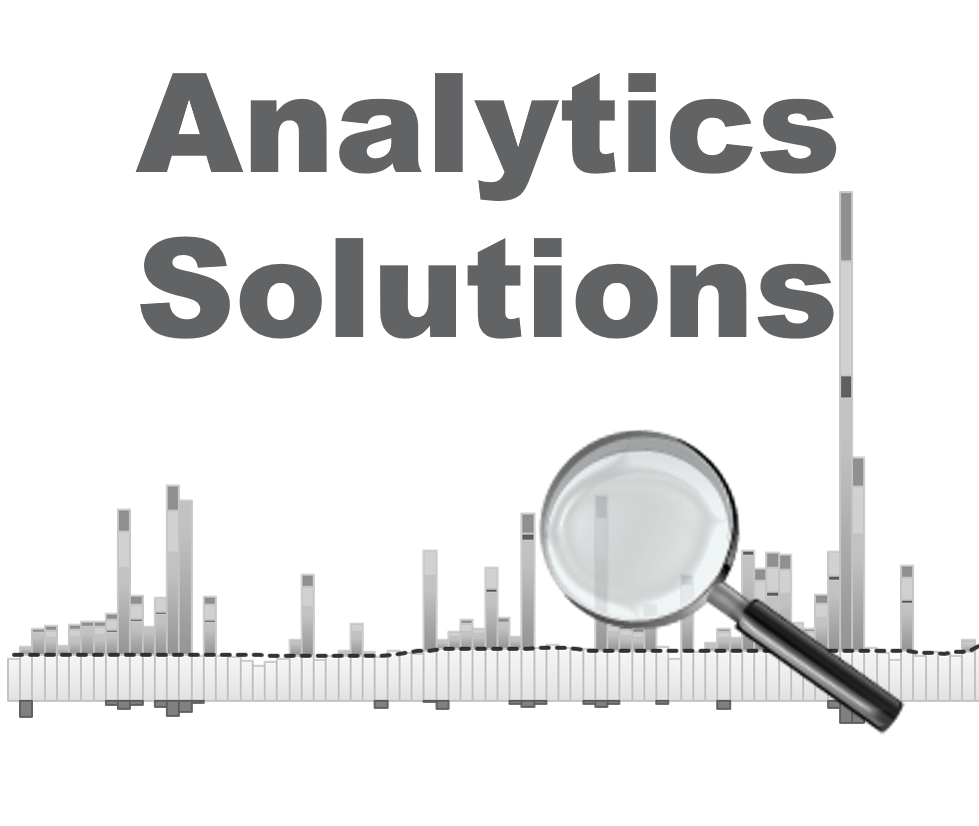-
SEO
Preview
Search — Overview
Source and Medium
How Search Engines Work
Search Engine Optimization (SEO) — Overview
Strategize
On-page Optimization
Landing Pages — Approach to SEO
Targeting Keywords and Phrases
Long Tail and Short Tail Keywords
Category, Brand and Competitor Keyword
Keyword Synonyms
Keyword Density
Placing Keywords
Schema.org
Internal Linkages
Breadcrumb
Regulating Crawlers: sitemap.xml and robots.txt
Page Speed
Mobile Usability
Attracting Inbound Links
Off-page Optimization
PageRank — Measure of Authority of webpage
Link Equity
Unnatural or Artificial Links
Review
Performance Metrics
Website Grading Tools
Google Search Console
SEO — Exercise
- New Media
- Digital Marketing
- YouTube
- Social Media Analytics
- SEO
- Search Advertising
- Web Analytics
- Execution
- Case — Prop-GPT
- Marketing Education
- Is Marketing Education Fluffy and Weak?
- How to Choose the Right Marketing Simulator
- Self-Learners: Experiential Learning to Adapt to the New Age of Marketing
- Negotiation Skills Training for Retailers, Marketers, Trade Marketers and Category Managers
- Simulators becoming essential Training Platforms
- What they SHOULD TEACH at Business Schools
- Experiential Learning through Marketing Simulators
-
MarketingMind
SEO
Preview
Search — Overview
Source and Medium
How Search Engines Work
Search Engine Optimization (SEO) — Overview
Strategize
On-page Optimization
Landing Pages — Approach to SEO
Targeting Keywords and Phrases
Long Tail and Short Tail Keywords
Category, Brand and Competitor Keyword
Keyword Synonyms
Keyword Density
Placing Keywords
Schema.org
Internal Linkages
Breadcrumb
Regulating Crawlers: sitemap.xml and robots.txt
Page Speed
Mobile Usability
Attracting Inbound Links
Off-page Optimization
PageRank — Measure of Authority of webpage
Link Equity
Unnatural or Artificial Links
Review
Performance Metrics
Website Grading Tools
Google Search Console
SEO — Exercise
- New Media
- Digital Marketing
- YouTube
- Social Media Analytics
- SEO
- Search Advertising
- Web Analytics
- Execution
- Case — Prop-GPT
- Marketing Education
- Is Marketing Education Fluffy and Weak?
- How to Choose the Right Marketing Simulator
- Self-Learners: Experiential Learning to Adapt to the New Age of Marketing
- Negotiation Skills Training for Retailers, Marketers, Trade Marketers and Category Managers
- Simulators becoming essential Training Platforms
- What they SHOULD TEACH at Business Schools
- Experiential Learning through Marketing Simulators
Review
Marketing efforts are aimed at addressing business imperatives and issues. To achieve these imperatives, marketing objectives (including those related to digital marketing objectives and search engine optimization objectives) are defined, and Key Performance Indicators (KPIs) are set. Performance is evaluated against KPIs, and improvement plans are chalked out to improve performance. This leads to the revision of KPIs, creating an ongoing cycle of performance monitoring and improvement.
The 6 Stages of Performance Monitoring and Improvement Cycle:
- Identify business imperatives and business issues.
- Define marketing objectives, digital marketing objectives and SEO objectives.
- Specify KPIs and targets.
- Evaluate performance against KPIs.
- Create an improvement plan and execute it.
- KPI targets.
Overall, this cycle helps companies stay focused on their business objectives, measure performance, and continuously improve their marketing efforts.
Performance Metrics
Exhibit 26.26 Google Analytics support a wide range of performance metrics to assess site’s performance.
Google Analytics (Exhibit 26.26) supports a wide range of performance metrics to assess digital marketing objectives and SEO objectives. These include:
- Unique Visitors: The number of users who visit the site over the reporting period.
- New Visitors: The number of first-ever unique visitors (Assumes cookies have not been deleted).
- Repeat Visitors: The number of unique visitors who visit the site more than once during reporting period.
- Conversions: Number of visitors who complete a target action such as purchasing something, subscribing to newsletter etc.
- Conversion Rate: Proportion of visitors who perform a target action.
- Bounce Rate: Proportion of visitors who leave the site without interacting with the page. They do not visit any page other than their landing page, and they do not interact with any of the elements on that page.
- Abandonment Rate: Proportion of visitors who start a target action, but do not complete it.
- Cost per Conversion (CPCon): Cost of an advertising campaign divided by the total number of conversions resulting from the campaign. (This requires that the inbound URL from the ad has been tagged so that analytic tools can distinguish the traffic resulting from the campaign).
Website Grading Tools
There are many tools, including those listed below, that you may use for evaluating your website.
- HubSpot’s Website Grader rates sites on mobile responsiveness, analytics, email marketing campaigns, blog activity, social media presence, and the inner workings. As can be seen from Exhibit 26.27, the grader’s summary report covers 4 category groups — performance, mobile, SEO and security. The detailed report evaluates the site’s performance in greater depth for each of these categories.
- Nibbler uses several tests to evaluate websites and rates them on factors such as technology, accessibility, experience and marketing.
- Woorank, like Nibbler, offers users several tests to grade websites on categories like the site’s traffic, SEO, mobile, social, usability and technologies.
- Quicksprout focuses on SEO ranking.
- Google’s Page Speed Insights provides a gauge on the pace at which pages load and offers advice on how to speed them up.
- Reaction Engine analyses and ranks websites on specified words and phrases.
- Clarity Grader checks for language, spelling, and the clarity of a website.
As can be seen from the above list, the tools can differ in their focal areas. Clarity Grader checks for language clarity, while Quicksprout focuses on SEO ranking. Other tools like Nibbler, Woorank and Website Grader offer a broad suite of analysis covering multiple performance categories.
To get a comprehensive evaluation, it is recommended to use a combination of these grading tools along with Google Analytics. However, do remember that while these tools provide a lot of useful information, they have limitations. They can only provide rational analysis and cannot relate to emotions or qualitative aspects such as originality.
For instance, Google uses hundreds of metrics to rank websites, but sometimes a site with low-quality or even harmful content may still achieve a high ranking. That is why competent human brains are still necessary to assess your online properties, particularly in the context of the site’s objectives, content, and actual value.
Previous Next
Use the Search Bar to find content on MarketingMind.
Contact | Privacy Statement | Disclaimer: Opinions and views expressed on www.ashokcharan.com are the author’s personal views, and do not represent the official views of the National University of Singapore (NUS) or the NUS Business School | © Copyright 2013-2026 www.ashokcharan.com. All Rights Reserved.

